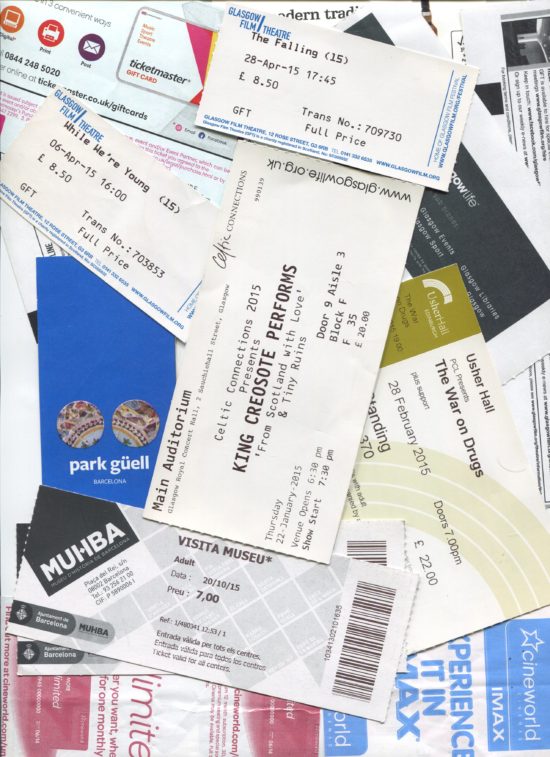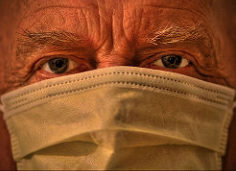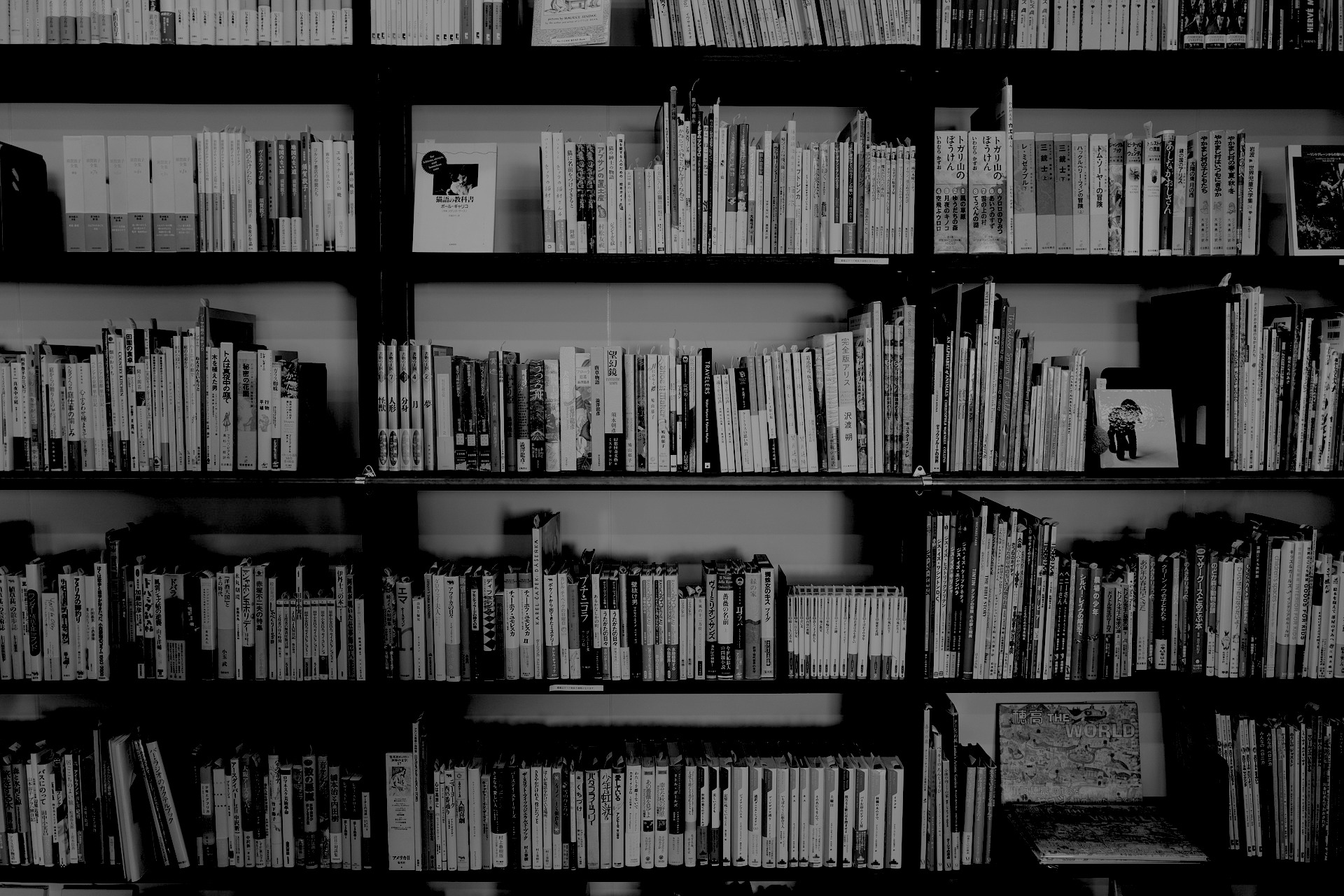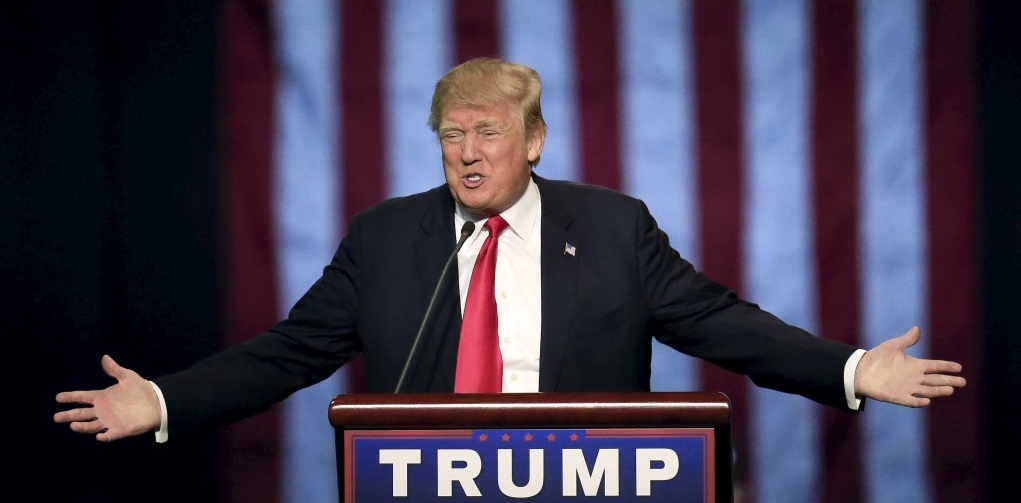You have no items in your cart. Want to get some nice things?
Go shopping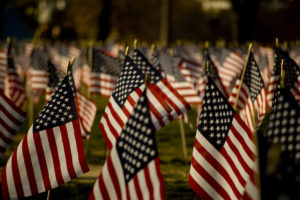 I checked my phone at 7:00 pm on election night, and everything felt fine. Trump had just won the electoral votes for Kentucky, which was anticipated, and the unwavering meter on the New York Times website still forecast a 68% surety of his defeat. I was on the verge of tears, sure, but that’s just because after almost six years of college, precipitantly girding myself to weep has become my Pavlovian reaction to drinking tequila. Being myself a very nasty, white, pussy-wielding, and (these days) Brooklyn-based woman, I was starting off the evening getting tipsy at a bar with my friend. Politically, however, I felt placated; secure. And I took the shot.
I checked my phone at 7:00 pm on election night, and everything felt fine. Trump had just won the electoral votes for Kentucky, which was anticipated, and the unwavering meter on the New York Times website still forecast a 68% surety of his defeat. I was on the verge of tears, sure, but that’s just because after almost six years of college, precipitantly girding myself to weep has become my Pavlovian reaction to drinking tequila. Being myself a very nasty, white, pussy-wielding, and (these days) Brooklyn-based woman, I was starting off the evening getting tipsy at a bar with my friend. Politically, however, I felt placated; secure. And I took the shot.
Nothing of import had yet transpired, but I know that I wasn’t the only person operating under the assumption that Hillary Rodham Clinton was going to win the election. Here is why:
Much of my personal political consciousness’s development both on- and offline has involved seeking out and then engaging with voices to which I have related—white voices—that have transformed for me my own feelings of incredulity and powerlessness into something articulate and therefore empowering; and so while the cocoon in which I live my day-to-day life taught me the importance of accountable activism and social justice, it also shielded me from having to imagine that the outcome of the election would render the Trump campaign anything less than decimated.
“I want a dyke for president. I want a person with aids for president and I want a fag for vice president and I want someone with no health insurance and I want someone who grew up in a place where the earth is so saturated with toxic waste that they didn’t have a choice about getting leukaemia. I want a president that had an abortion at sixteen and I want a candidate who isn’t the lesser of two evils and I want a president who lost their last lover to aids, who still sees that in their eyes every time they lay down to rest, who held their lover in their arms and knew they were dying.” — I Want A Dyke For President, Zoe Leonard.
“Lia. He won.” That is the text message I woke up to at 5:30 am on November 9. My response—and that of every white person with whom I associate—was disbelief. (All my white “friends” who chose to continue associating leisurely with the man who sexually assaulted me on my year abroad—because he was funny, because he was generous, because he did not seem like a threat—sure came out of the woodworks to lament our new President’s pussy-grabbing platform. Where was your righteous disavowal then, when my sexual assaulter’s existence was not your burden?)
DISBELIEF: noun
— the inability or refusal to believe or to accept something as true.
— amazement; astonishment
But ask any marginalized person, any black person—and they’ve known better for a long time. Of course they have. They all turned up to do their part to prevent this, on November 8 and every single other day. As for us? Rich whites, poor whites, white men, white women, urban whites, rural whites, degree-educated and non-educated white folks turned up in droves for Trump; my demographic voted for Trump. By the time the polls closed on Tuesday, tens of millions of Americans voted for a man whose platform openly pursued racist, sexist, anti-environment and xenophobic policies.
Sure: the Democratic National Committee’s decision to prioritize an establishment politician’s political agenda over endorsing an actual, progressive candidate—over defeating an overtly illegitimate candidate, and clear enemy of reason—did not help. In an election season so heavily rife with populism, this strategy proved itself massively ineffective. Hillary did ultimately win the popular vote, but the thing about believing in democracy and free and fair elections is that in spite of those numbers, she lost. We now have to acknowledge the results of the race.
We do not, however, have to accept him. We do not have to capitulate.
I am a cis, white, queer woman and my partner is a cis, white, straight man. And while Trump’s agenda seeks to eliminate my right to participate fully in the political and cultural life of my country, I know that I have benefitted from and will continue to be privy to many systems that so many of my loved ones and the people in this country I fight for are not.
I am listening to you. I will fight for you. You are heard, you are seen, you are loved.
“I want a president with no air-conditioning, a president who has stood on line at the clinic, at the DMV, at the welfare office and has been unemployed and layed off and sexually harassed and gay-bashed and deported. I want someone who has spent the night in the tombs and had a cross burned on their lawn and survived rape. I want someone who has been in love and been hurt, who respects sex, who has made mistakes and learned from them. I want a black woman for president. I want someone with bad teeth and an attitude, someone who has eaten that nasty hospital food, someone who crossdresses and has done drugs and been in therapy.” — I Want A Dyke For President, Zoe Leonard.
Everybody has, at some point or other in life, woken up with disappointment, or pain, or fear— but for all the queer bodies, the women, the undocumented, the Muslim, the non-cis, disabled, and non-white folks who went to sleep on election night and then rose, somehow even more at risk on November 9 in America—who cannot afford to sit back and wallow, or forgo ablution—who have known this for so long, and have been screaming it, unheard, for so long: I will do my best to do my part for you.
The outcome of this election has spurred me to reflect on my own complicity in putting Trump in the White House; the echo chamber of opinions in which we encase ourselves too often enables—invites—us to externalize systems of oppression, rather than confront how we may and often do maintain them. Seeking out positivity and tenderness can be an important step in the process of healing, but I also will hold myself accountable to the pain around me. I will do my best to shake those who look like me out of the complacency and comfortability white privilege and agency affords.
This is a wake-up call. These coming four years will define who we are; let us prove ourselves to be compassionate, empathetic people, but let us save our love. Save it for those people who are already with us, and more importantly for the people our president-elect is going to hurt. I am struggling trying to figure out how to save it for those we care about—and need—but do not agree with us yet. I will grapple with that problem alone.
In the wake of November 8, I have found solace and hope in seeing so many around me not only demonstrating a willingness to examine their own actions as sources of marginalization, but resolving, and taking the initiative, to change them. I look forward to the material progress that the heightened self-awareness the outcome of this election has engendered. Now let’s get to work.
“I want someone who has committed civil disobedience. And I want to know why this isn’t possible. I want to know why we started learning somewhere down the line that a president is always a clown: always a john and never a hooker. Always a boss and never a worker, always a liar, always a thief and never caught.” — I Want A Dyke For President, Zoe Leonard.

About Lia Ryerson
Lia Ryerson is a Brooklyn-based writer, an MFA candidate at The New School, and a nasty human woman.

